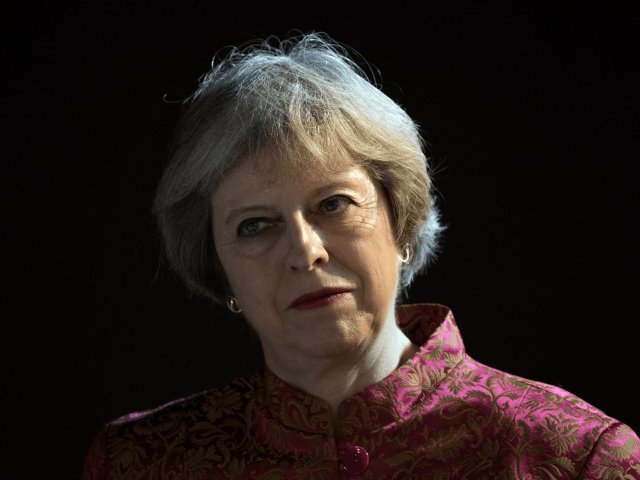Britain’s governing Conservative Party has imposed emergency rules on its local associations, giving the central party a huge level of control over the selection of candidates for June’s General Election.
The rules, published Wednesday afternoon and reported on the Guido Fawkes blog, give Conservative Campaign Headquarters (CCHQ) the power to impose a shortlist of just three candidates on key target seats, thus allowing party bosses a great say in who gets to be an MP in the next Parliament.
Under the changes, the central party will impose three potential candidates in key target seats and seats where the incumbent Conservative MP is standing down.
MPs wishing to stand again will have to obtain the support of a simple majority of their local association members. If they fail, they will face off against two other potential candidates, who will be imposed by CCHQ.
Meanwhile, opposition-held seats that are not regarded as targets will have just one candidate imposed on them centrally.
Those who stood as candidates in target seats in 2015 will be able to apply to be fast-tracked for consideration, but this is still in the gift of the central party.
The rules represent a break from standard procedure, where local party associations have much more freedom to select their own candidates from a much wider shortlist.
The changes will prompt fears that senior figures in the party are trying to impose uncontroversial, non-ideological loyalists on local associations, giving them a huge say on the make-up of the next Parliament.
The party faced similar criticisms under David Cameron, especially regarding the selection of its London mayoral candidate in 2015.
Despite promising an “open primary”, the central party imposed four candidates for Londoners to choose from.
The eventual choice, Zac Goldsmith, went on to lose the mayoral election against Labour’s Sadiq Khan.
